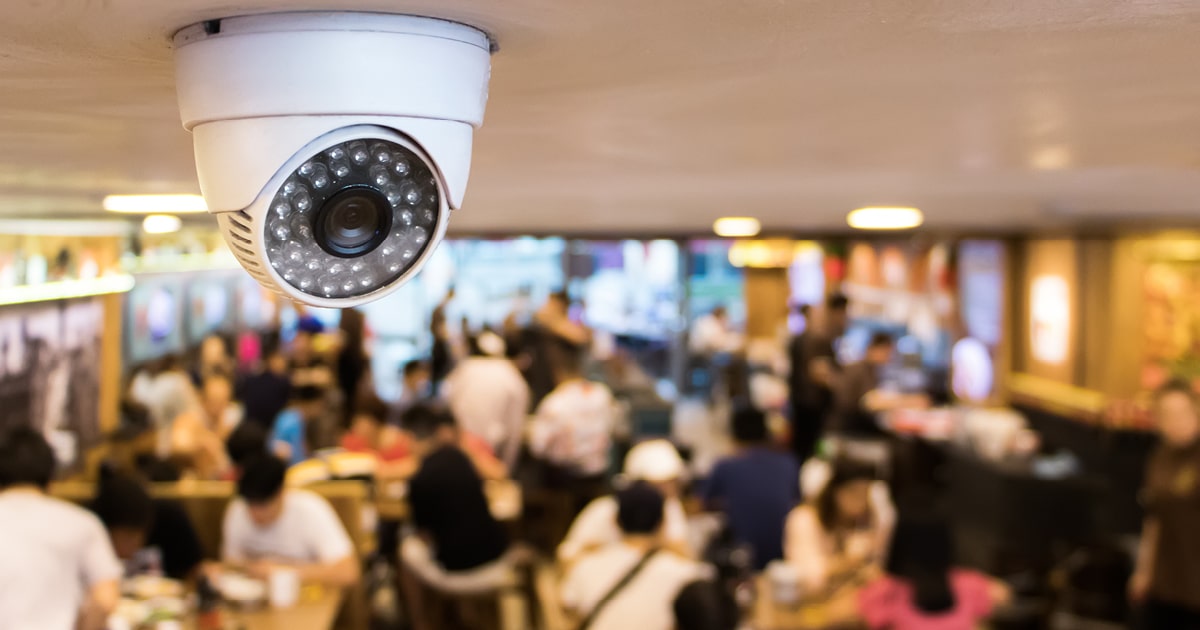Empowering Security with Industry-Leading Systems
At FSS Technologies, we partner with the best in the industry to deliver world-class security solutions, and Digital Monitoring Products (DMP) stands at the forefront of this innovation. DMP systems are renowned for their advanced capabilities, reliability, and versatility, making them the perfect choice for any security need across various industries.
DMP security systems are designed to adapt to the unique needs of different verticals. Whether it’s securing a commercial office, retail establishment, industrial facility, educational institution, or healthcare setting, DMP offers customized solutions. Their cutting-edge technology ensures robust protection, seamless integration, and unparalleled performance.
For businesses with unique needs, such as multi-site management or high-security requirements, DMP’s scalable solutions ensure you’re always protected. Need to manage access credentials? No problem. Want to monitor your property from a mobile app? DMP has you covered.

Features
Frequently Asked Questions
A commercial alarm system is a security solution designed to detect unauthorized entry, motion, or other threats within a business facility. It typically includes door/window sensors, motion detectors, glass break sensors, panic buttons, and control panels, and can be connected to 24/7 monitoring centers for real-time response.
Commercial alarm systems are built for larger spaces, higher traffic, and more complex needs. They often include zoned protection, multiple partitions, integration with video and access control, and remote management features. They’re also designed to comply with fire, life safety, and insurance standards.
Depending on the configuration, systems can detect:
- Unauthorized entry (doors/windows)
- Motion (interior movement after hours)
- Glass breakage
- Fire and smoke
- CO gas leaks
- Panic/emergency events
- Water/flooding Each threat type is handled by a different sensor and can be monitored individually or as part of a complete system.
When triggered, the system can:
- Sound an audible siren to deter intruders
- Send a real-time alert to authorized users
- Notify a professional monitoring center
- Dispatch police, fire, or medical responders (if verified or required)
- Systems can also activate cameras to record the event or lock down entry points.
While self-monitoring is possible, professional 24/7 monitoring is highly recommended for businesses. Monitoring centers verify threats and dispatch emergency services quickly, reducing false alarms and improving response time. It’s also often required for insurance compliance or high-value facilities.
Yes. Most modern commercial alarm systems offer remote access via apps or web portals. You can arm/disarm the system, view alerts, check status, and even integrate with cameras or access control—all from your phone, tablet, or computer.
Yes. Commercial-grade systems are designed to integrate with:
- Access control systems (lock/unlock doors on alarm)
- Video surveillance (start recording on intrusion)
- Fire alarms (trigger notifications or shutdowns)
- Building automation (like lighting or HVAC)
Integrated systems improve overall situational awareness and simplify management.
Priority areas include:
- Entrances and exits
- Loading docks and service doors
- Cash rooms or safes
- IT/server rooms
- Inventory/storage areas
- Executive offices
Each area may require a different type of sensor or protection level.
Alarm systems should be:
- Visually inspected monthly
- Tested quarterly or semi-annually depending on usage
- Reviewed annually by a licensed technician
- Regular testing ensures components are working properly and keeps you in compliance with NFPA, IBC, and insurance standards.
False alarms can be reduced by:
- Using dual-technology motion sensors
- Customizing arming schedules
- Training employees on correct use
- Setting entry/exit delays properly
- Regular system maintenance









